環境に優しいか否か?紙皿は何でできているのか?
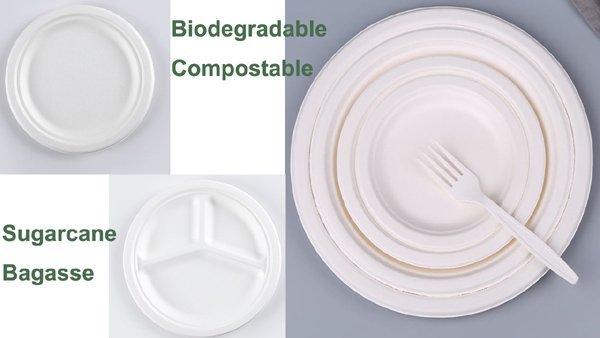
エコが叫ばれる今日、日用品が環境に与える影響を理解することは、かつてないほど重要になっている。その中でも、紙皿が注目されている。使い捨ての紙皿は、その利便性から、家庭でも公共の場でも広く使われている。しかし、世界的な持続可能性への関心の高まりは、本質的な問題を提起している:紙皿は何でできていて、本当に環境に優しいのだろうか?紙皿はプラスチック製に比べて生分解性が高いため、多くの人が環境に配慮していると認識しているが、真実はもっと微妙である。この包括的なガイドでは、様々な種類の紙皿の構成、利点、欠点について説明し、消費者や企業が十分な情報を得た上で、環境に配慮した紙皿を選ぶための手助けをする。
生分解性使い捨て食品容器の人気スタイルトップ10

In recent years, the drive toward sustainability has pushed the food service industry to rethink its packaging choices. Biodegradable disposable food containers have emerged as practical alternatives to conventional plastics, offering both environmental and operational benefits. These eco-friendly containers help reduce waste, lower carbon footprints, and meet the increasing consumer demand for greener options. Backed by research from various environmental studies, it’s clear that these products contribute to significant waste reduction when disposed of correctly. This guide provides an in-depth look at the ten most popular styles of biodegradable disposable food containers. Each section offers a detailed overview of a specific container type, discussing design, functionality, and environmental advantages. The […]
生分解性食器ビジネスの始め方:卸売、カスタマイズ、企業向けサービス

環境問題が深刻化し、使い捨てプラスチックに対する政府の規制が強化されるにつれ、環境に優しい代替品への需要が急増している。生分解性食器は、サトウキビバガス、竹、小麦ふすま、生分解性バイオプラスチックなどの素材から作られた製品で、環境意識の高い企業や消費者にアピールする持続可能な代替品を提供します。このブログでは、生分解性食器の卸売事業を立ち上げようとする起業家向けに、詳細なロードマップを提供する。市場調査と実現可能性、製品戦略、輸入関税、サプライチェーン・ロジスティクス、在庫準備、ブランディングとマーケティング、財務計画、法的要件、規模拡大戦略について探っていく。また、専門家の意見と科学的調査に基づいて、データに基づいた意思決定を支援します。1.市場調査と実現可能性 [...] 1.
Is Sugarcane Safe & Healthy – Benefits of Sugarcane
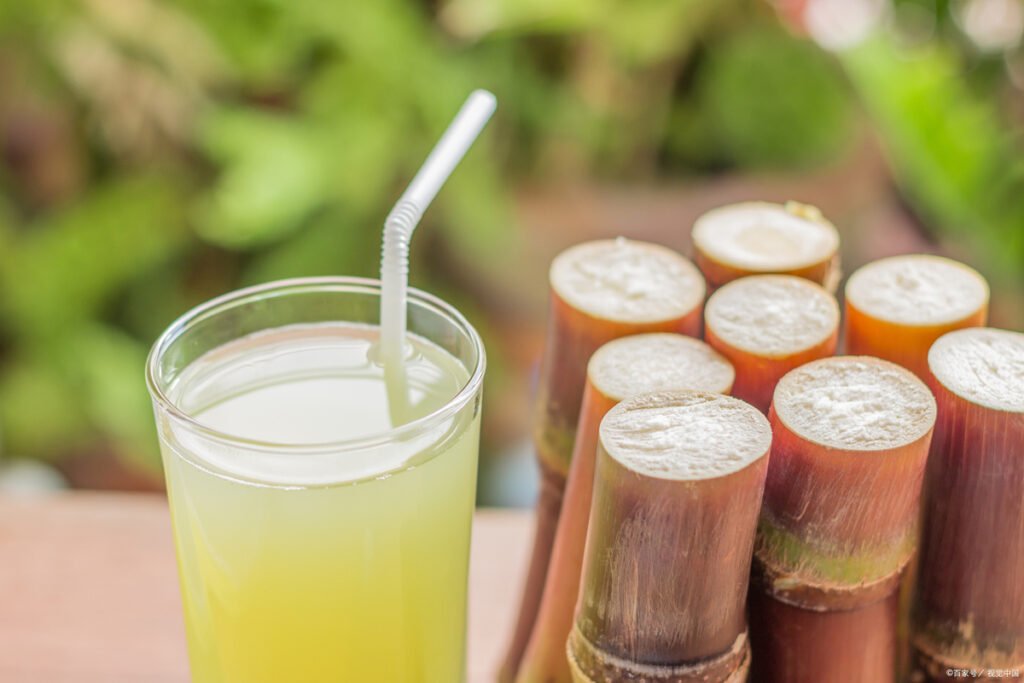
Sugarcane is often associated with sweet treats, but it is much more than a sugar source. This incredible plant offers various health benefits, and applications in eco-friendly industries, and is supported by extensive scientific research. What Is Sugarcane? Sugarcane (Saccharum officinarum) is a tropical perennial grass that grows in warm and humid climates. Known for its tall, fibrous stalks, sugarcane is primarily cultivated for its sweet juice, which is rich in sucrose. Nutritional Profile of Sugarcane Sugarcane juice is a rich source of carbohydrates, mainly in the form of sucrose, which provides a quick energy boost. A standard serving of 240 ml contains approximately 250 calories and 50 grams of […]
バガスの用途

バガスは、サトウキビの茎を砕いて汁を搾り取った後に残る繊維状の残渣である。何十年もの間、バガスは農業廃棄物とみなされ、廃棄されたり燃やされたりすることが多かった。しかし、世界的に持続可能性への関心が高まるにつれ、バガスは多用途で環境に優しい原料として新たな価値を見出すようになった。今日、バガスは単なる副産物ではなく、再生不可能な原料への依存を減らす努力をする産業を支える資源なのです。バガスは主にセルロース、ヘミセルロース、リグニンから構成されており、構造的には木質繊維に似ている。この成分により、バガスは紙からパッケージングまで、さまざまな製品に再利用するのに必要な強度と柔軟性を備えている。その生産 [...]...
温かい料理と温かい夕食に最適な使い捨てプレート
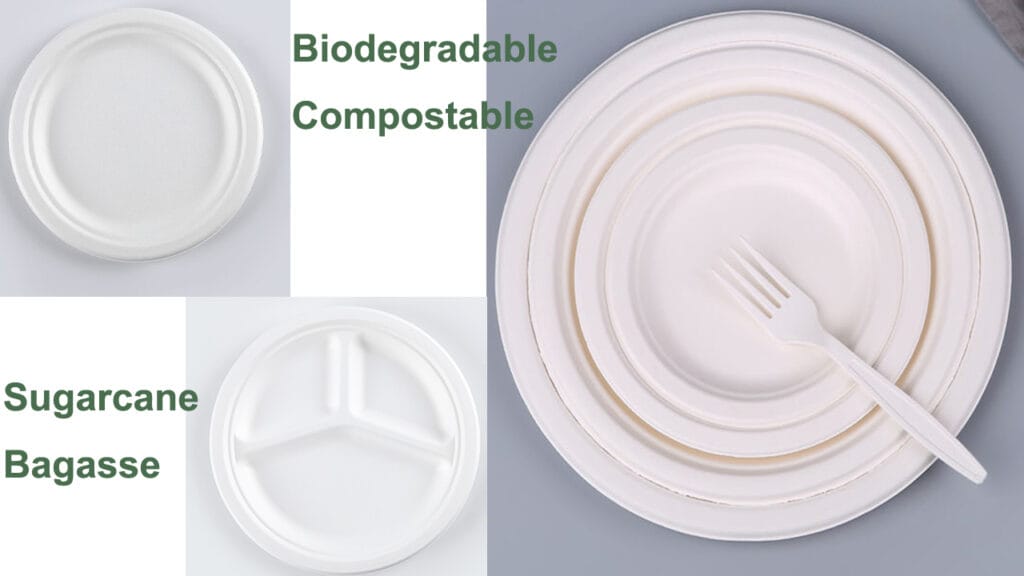
When hosting a large gathering or providing meals for a group, disposable plates offer a convenient and practical solution. Whether you’re serving a hot meal at a family dinner, a catered event, or a takeaway, choosing the right disposable plate is crucial for ensuring food stays intact, is safe for consumption, and maintains its temperature. This blog explores the best disposable plates for hot food and warm dinners, considering material properties, safety, and environmental impact. As the demand for sustainable solutions increases, looking beyond just convenience is essential. Disposable plates must be capable of handling hot food without compromising their structural integrity. Additionally, understanding which materials are eco-friendly is crucial […]
製糖産業におけるバガスの革新的用途

砂糖産業では、サトウキビ加工の副産物として年間数百万トンのバガスが発生する。従来、この繊維状の残渣は主に製糖工場で燃料として使用されていましたが、現代の技術進歩により、無数の革新的な用途が見出されるようになりました。バイオエネルギーからバイオプラスチックに至るまで、バガスは持続可能な産業発展の鍵を握る存在として台頭してきている。本記事では、科学的研究と業界動向に裏付けされた、バガスの最新かつ最も革新的な用途についてご紹介します。バガスの科学とその成分 バガスの成分は約80%です:Renewable and Sustainable Energy Reviews誌に掲載された研究によると、サトウキビバガスの世界生産量は年間5億トンを超えており、膨大な可能性を秘めている。
コーンスターチとサトウキビバガスのパルプ食器の違い

コーンスターチとサトウキビパルプの食器は採用しやすい素材で、生分解性でありながらプラスチックの代替品として使用できる。コーンスターチとサトウキビパルプは、地球に中立的でプラスチックに代わる持続可能な素材であり、早くも広く採用されている。
バガスは生分解性で堆肥化可能か?
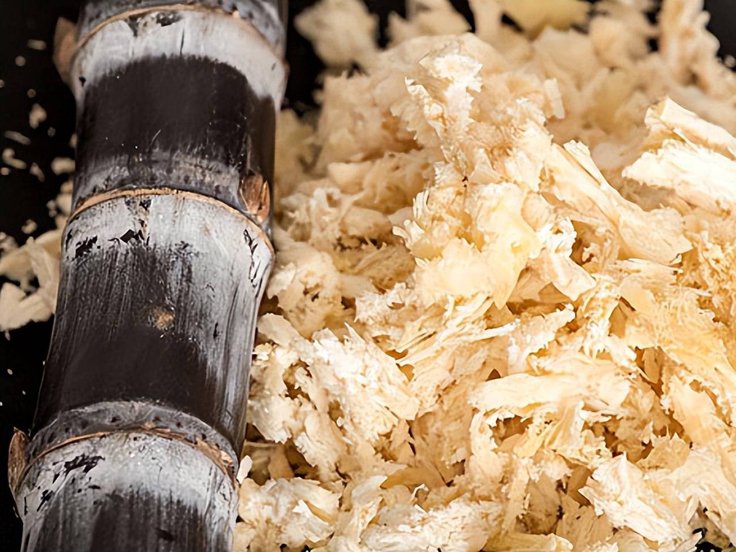
サトウキビ製造の残渣であるバガスは、そのグリーンな性質から注目されているが、生分解性や堆肥化性はどうなのだろうか?この記事では、バガスの用途、生分解性、堆肥化性など、バガスについて知っておくべきことをすべて解説する。まず、バガスの基礎知識から始めましょう。バガスとは?バガスは、サトウキビやソルガムなど、植物からジュースを抽出した後の繊維状の残渣です。もともとは砂糖製造の廃棄物と考えられていましたが、バガスは再生可能な環境に優しい代用品として様々な分野で認知されるようになってきました。世界が持続可能性に目を向ける中、その必要性はますます高まっている。
サトウキビバガスクラムシェルボックスに関するFAQ:知っておくべきこと
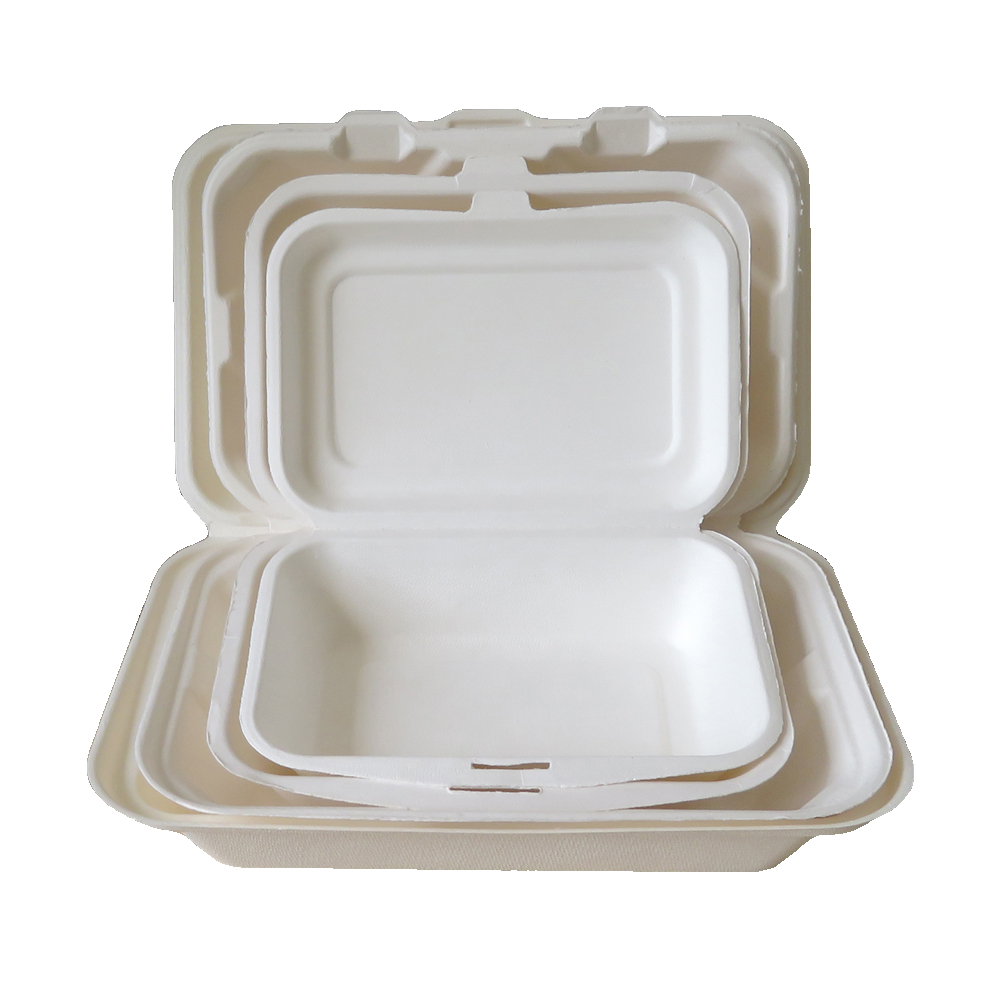
サトウキビバガスの紹介 サトウキビバガスは、サトウキビの茎から搾汁した後に残る乾燥した繊維質の原料です。サトウキビバガスは、製糖業でサトウキビを加工した後の副産物とも言えます。持続可能な代替包装材料と考えられている。なぜ貴重な資源なのか?農業におけるサトウキビの豊富さにより、バガスはほぼ無限に供給されるため、使い捨てプラスチックに代わる費用対効果の高い持続可能な材料となります。サトウキビバガスクラムシェルボックスとは?サトウキビバガスクラムシェルボックスは、繊維状のサトウキビから作られた使い捨て容器です。サトウキビバガスの破砕物をクラムシェルボックスに成型することで、耐熱性があり、短期間で分解されるため、[...][ 続きを読む
私たちが捨てているバガス食器が、なぜインド人の現金収入源になったのか?

インドがサトウキビの残渣を宝に変える方法 わが国では誰も欲しがらないサトウキビの残渣が、インド人が金持ちになるための暗号となり、年間数千万ドルを稼ぐことができるようになった!サトウキビ残渣の用途は?インドのサトウキビ生産量はブラジルに次いで世界第2位である。インドの田舎には大小さまざまな製糖工場がたくさんある。サトウキビの収穫期には、毎日何百トンものサトウキビを絞らなければならない工場もある。絞ったサトウキビの汁は、単純な煮沸と水分の蒸発を経て砂糖になるのだが、残ったサトウキビの残渣が工場の管理者を頭痛の種にする。通常、これらのサトウキビの残渣は [...]...
ワックス製テイクアウト容器の生分解・分解にかかる時間は?

テイクアウト容器はどこにでもあり、環境に大きな影響を与えている。このブログでは、ワックスのテイクアウト容器が分解・生分解されるのにかかる時間を、その素材、条件、持続可能性を考慮しながら調査する。テイクアウト容器(ワックスまたはプラスチックライニングの板紙)とは?テイクアウト容器は見た目も様々で、板紙に耐水性や耐油性を持たせるコーティングを施したものもある。ここでは3つの主なタイプを分析する: 1.ワックスコート板紙 これらのアイテムは通常、パラフィンまたは他の種類のワックスのコーティングが施されており、耐水性を高めている。この種のファストフード・パッケージのワックス・コーティングは、使用されているワックスの種類にもよるが、ゆっくりと相互分解する [...]...
生分解性食器:詳細な質問と回答
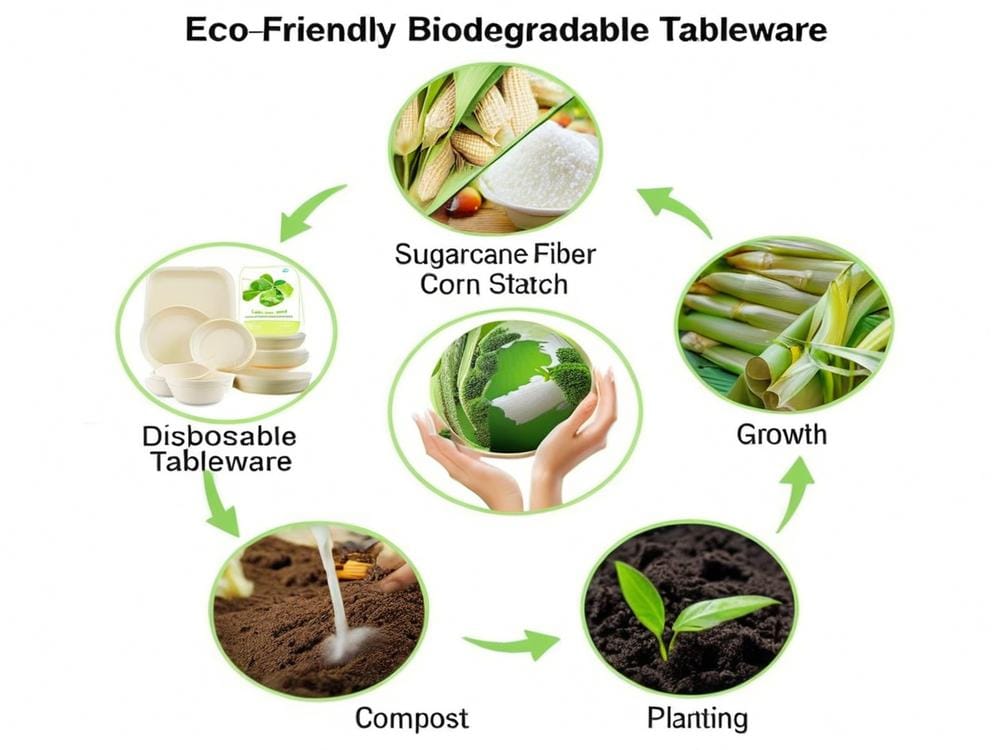
サトウキビのバガスやコーンスターチなどを原料とする生分解性食器は、有害な残留物がなく自然に分解されます。環境にやさしく、丈夫で耐熱性があり、プラスチックごみを減らすのに理想的です。家庭用コンポストで分解できるものもあれば、産業用施設が必要なものもある。プラスチックよりも若干高価ですが、持続可能性をサポートし、環境への影響を軽減するため、廃棄物削減のための実用的なソリューションとなっています。一般的な質問 1.生分解性食器とは何ですか?生分解性食器とは、サトウキビのバガス、コーンスターチ、竹、ヤシの葉、麦わらなど、再生可能な天然素材から作られた食器、皿、コップなどを指します。これらの素材は、堆肥化環境における微生物の活動によって自然に有機物に分解され、[...]を減らすことができます。
スクエアバガス製品総合ガイド
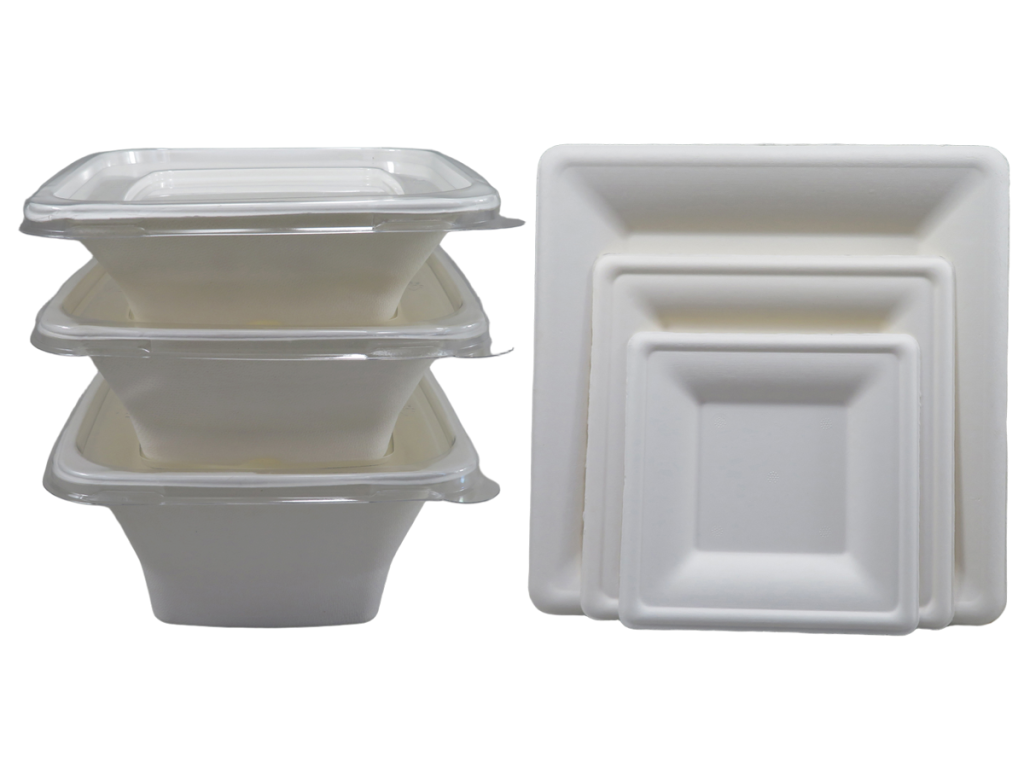
Square bagasse products are revolutionizing the packaging and tableware industry. Below is a deeper dive into their features, applications, production, and benefits. What is Bagasse? Bagasse is the fibrous pulp that remains after sugarcane stalks are crushed to extract juice. Historically, this byproduct was considered waste or used for burning. Today, bagasse has found a new purpose as a raw material for sustainable products. Production Process of Square Bagasse Products 1. Collection of Bagasse After extracting sugarcane juice, the residue is collected from sugar mills. 2. Pulping and Cleaning The bagasse is pulped, cleaned, and refined to remove impurities like lignin and hemicellulose. 3. Molding and Shaping Using advanced molding […]
パルプ成形の総合ガイド:基本、利点、今後の動向

Pulp molding is an eco-friendly manufacturing process that creates biodegradable products using renewable plant fibers. It serves diverse sectors, from food packaging to medical and industrial applications, while aligning with global sustainability goals.
Are Restaurant Takeout to Go Container Boxes Microwave Safe?

Explores the microwave safety of various restaurant takeout to go container materials, including plastic, paper, biodegradable options, and Styrofoam. It provides practical tips for safe usage, recommends eco-friendly alternatives, and highlights potential risks to health and safety when reheating food in non-microwave-safe containers.
